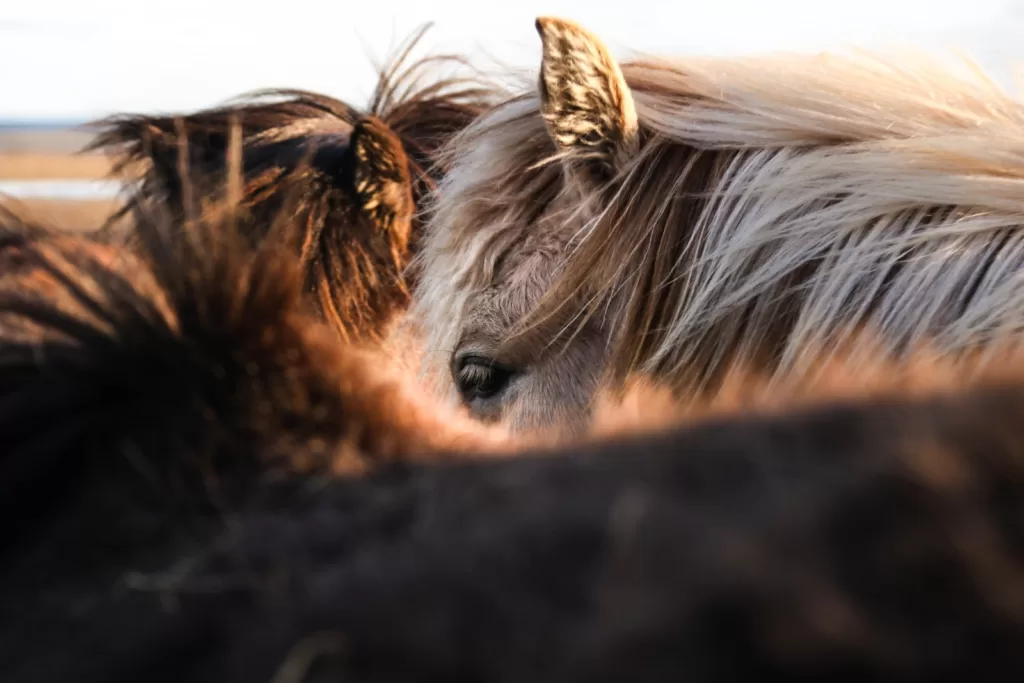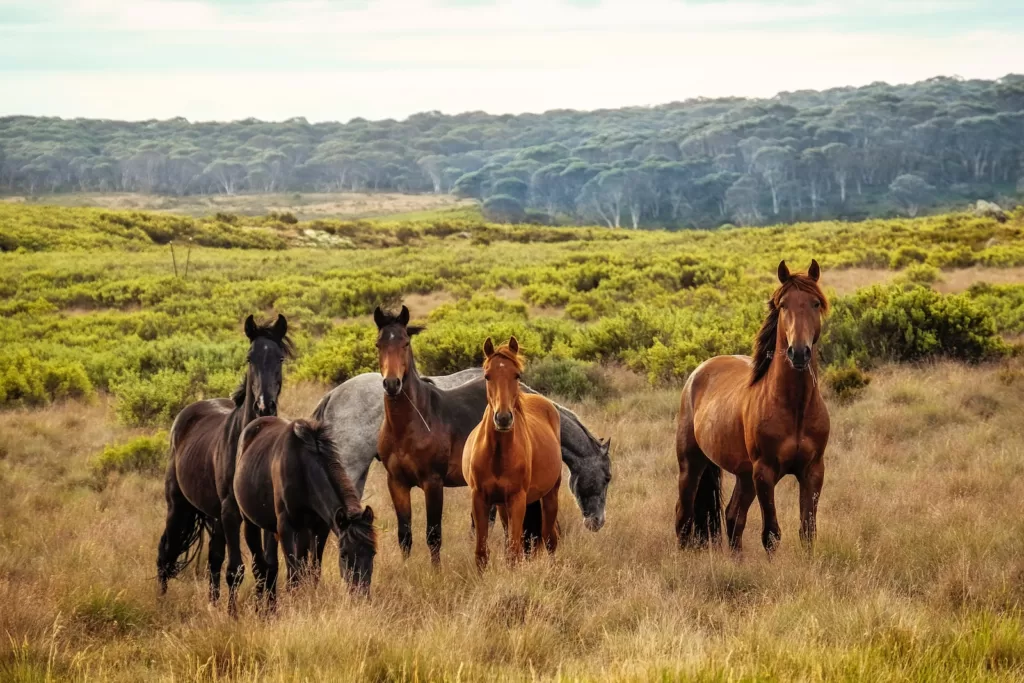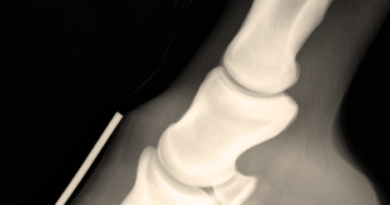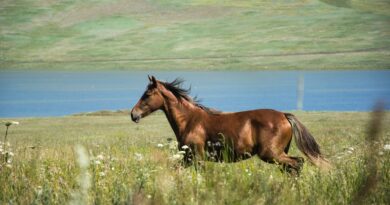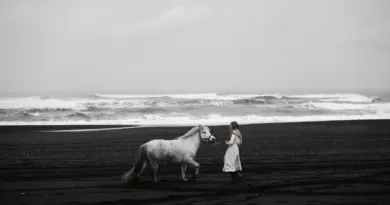How Long Do Wild Horses Live?
In the realm of the wild, where nature’s symphony plays on, wild horses are among the most iconic and enigmatic creatures. These majestic beings have roamed the earth for centuries, evoking a sense of wonder and admiration. But have you ever wondered, how long do wild horses live? In this article, we embark on a journey to unveil the secrets of their longevity and explore the factors that influence their remarkable lifespans.
The Wild Horse’s Lifespan – A Fascinating Tale
The Resilient Wild Horse
Wild horses, often referred to as mustangs in North America, are known for their remarkable resilience in the face of adversity. Their lifespan, on average, ranges from 15 to 30 years, making them resilient survivors in the unforgiving wild.
The Impact of Environment
The lifespan of a wild horse is profoundly influenced by its habitat and available resources. These horses have adapted to a variety of environments, from arid deserts to lush grasslands, each presenting its unique challenges. In regions with abundant food and water, wild horses tend to live longer, while those in harsh environments may have shorter lives.
Predators and Survival Instincts
In the wild, wild horses face numerous predators, including wolves and cougars. This constant threat has honed their survival instincts, allowing them to live longer by avoiding or escaping potential danger.
Social Bonds and Support
Wild horses are known for their strong social bonds within their herds. These bonds provide emotional support, protection, and assistance in finding food and water sources, contributing to their overall longevity.
Factors That Influence Wild Horse Longevity
Genetic Diversity
Genetic diversity plays a significant role in the lifespan of wild horses. Populations with greater genetic diversity tend to have healthier individuals with a higher chance of reaching old age.
Diet and Nutrition
A wild horse’s diet consists mainly of forage such as grasses and shrubs. Access to a well-balanced diet ensures their overall health and longevity. Nutrient-rich food sources contribute to their ability to thrive in challenging environments.
Disease and Healthcare
While wild horses are generally robust, they are not immune to diseases. Disease outbreaks can significantly impact their populations, affecting individual longevity. In some cases, intervention by wildlife authorities may be necessary to manage disease outbreaks and ensure the survival of these magnificent creatures.
Human Interference
Human activities, such as habitat destruction and capture for domestication, have had a detrimental impact on wild horse populations. Conservation efforts and protective measures are crucial to ensuring their continued existence in the wild.
Conclusion
In the untamed wilderness, where the forces of nature dictate survival, wild horses have carved their place as enduring symbols of resilience and freedom. Their average lifespan of 15 to 30 years is a testament to their remarkable adaptability and tenacity.
As we delve into the world of these magnificent creatures, it becomes clear that their longevity is not a matter of chance but a result of their ability to navigate the challenges of the wild. Genetic diversity, access to nourishing food sources, disease management, and human intervention all play their part in determining how long these wild horses live.
In the grand tapestry of life, wild horses are threads of beauty and endurance, weaving a story of survival that continues to captivate our hearts and minds.
See Also: How long do horses live? Amazing Facts About Horses’ Life
Frequently Asked Questions (FAQs)
-
What is the average lifespan of a wild horse?
- The average lifespan of a wild horse ranges from 15 to 30 years, depending on various factors.
- How do wild horses protect themselves from predators?
- Wild horses have developed strong survival instincts and rely on their herds for protection against predators.
- Why is genetic diversity important for wild horse populations?
- Genetic diversity ensures healthier individuals and contributes to their longevity.
- What do wild horses eat in the wild?
- Wild horses primarily consume forage, including grasses and shrubs, as their main source of food.
- Do wild horses suffer from diseases in the wild?
- While generally robust, wild horses can be susceptible to diseases, which can impact their populations.
- How can we help conserve wild horse populations?
- Conservation efforts, habitat preservation, and responsible management are key to ensuring the survival of wild horses in their natural habitat.
- Are wild horses the same as domesticated horses in terms of lifespan?
- Wild horses generally have a shorter lifespan than their domesticated counterparts, primarily due to the challenges they face in the wild.
-
Do wild horse herds have leaders that influence their lifespan?
- Wild horse herds often have dominant individuals that provide leadership and protection, potentially contributing to the longevity of the group.
-
What are the most common health challenges that wild horses encounter?
- Common health challenges for wild horses include parasites, injuries, and dental issues, which can affect their overall lifespan.
-
How do wild horses adapt to extreme climates, and does it impact their lifespan?
- Wild horses exhibit remarkable adaptability to varying climates. However, extreme conditions can pose health risks and affect their lifespan, making access to resources crucial.
-
Are there any unique behaviors or rituals in wild horse populations that contribute to their lifespan?
- Wild horses engage in various behaviors and rituals, such as mutual grooming and social interactions, which may enhance their emotional well-being and potentially affect their lifespan.
-
Do wild horses face any specific conservation challenges that could impact their lifespan in the future?
- Wild horses are confronted with habitat loss and competition with livestock, which are conservation challenges that could have long-term effects on their populations and lifespans.
Summary: Explore the enduring spirit of wild horses and their remarkable lifespan, influenced by factors such as genetics, habitat, diet, and human intervention. Discover the secrets of their survival in the untamed wilderness.
Enjoyed this article? You May Also Like:
- Learn in 5 minutes about Cryotherapy for Horses
- Penicillin in Horses; Impeccable Guide in 10 minutes
- Excede Antibiotic For Horses, Fantastic Facts in 5 minutes
- The Science of Oxytocin in Horses: How This Hormone Influences Equine Behavior
- Can Horses Swim? Everything You Need To Know About Horse Swimming


